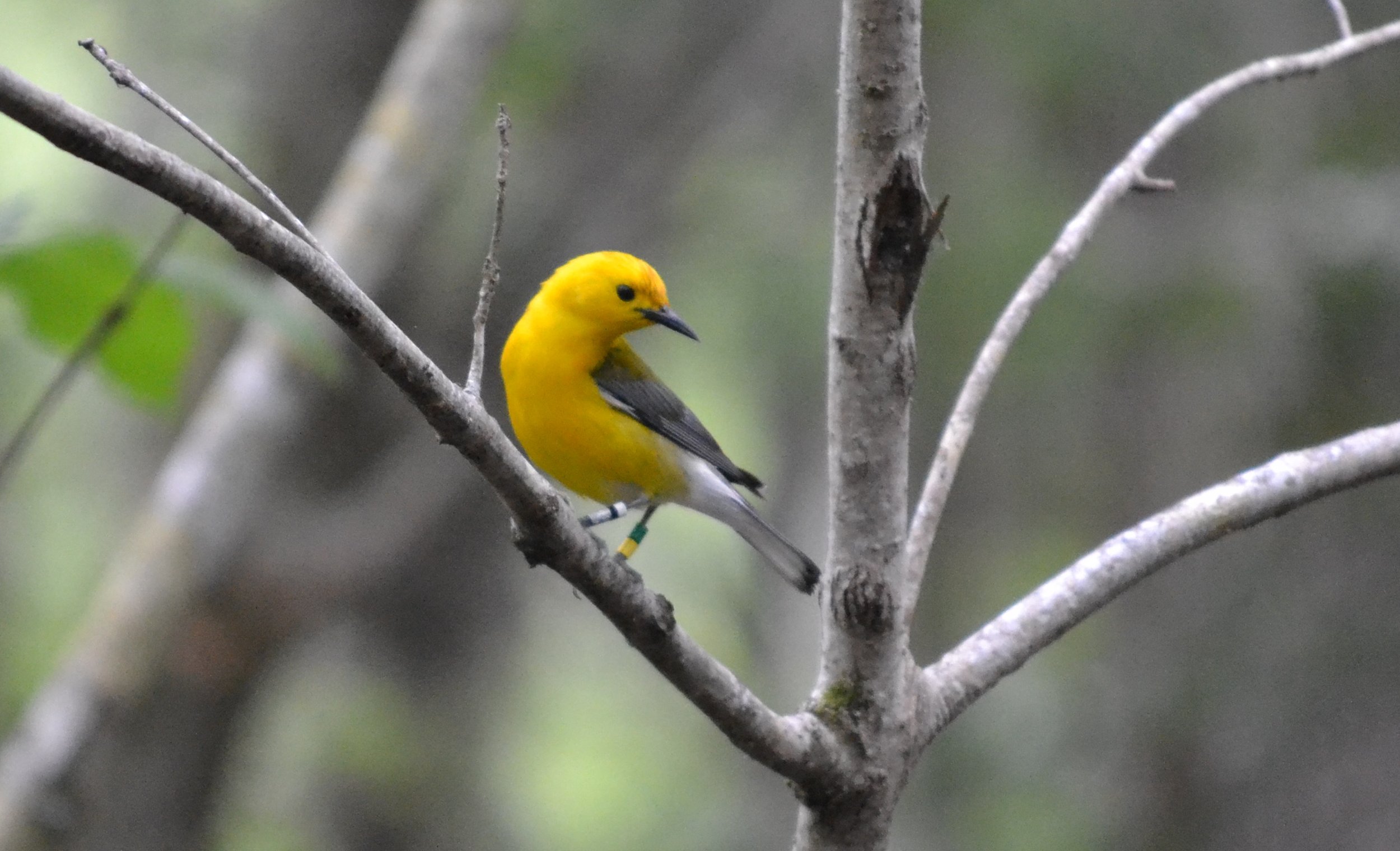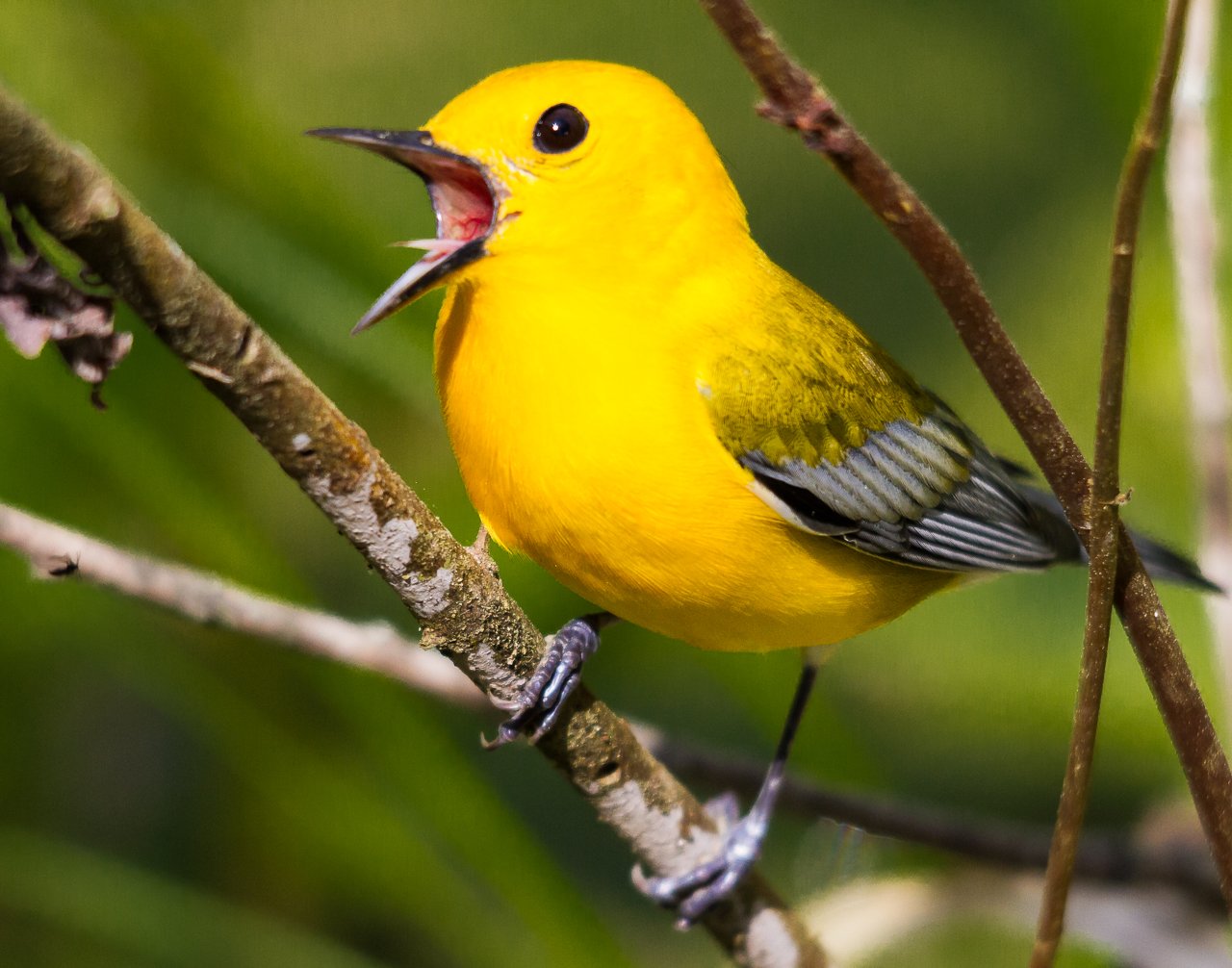
Keep South Carolina Wild
December 09, 2022
Published December 9th in Post & Courier – https://www.postandcourier.com/opinion/commentary/commentary-graham-backed-bold-bipartisan-wildlife-bill-is-running-out-of-time/article_1fc0d968-765f-11ed-a393-f73b9744ca17.html
From brook trout to bobwhites, wildlife is part of what defines South Carolina. Unfortunately, more than 800 local species of concern have been identified by the South Carolina Department of Natural Resources. It’s part of a larger national trend where more than one-third of America’s wildlife are edging toward extinction.
Right now, Congress still has a chance to help protect our wildlife heritage. A bold, bipartisan bill called the Recovering America’s Wildlife Act would dedicate $1.4 billion to proactive, collaborative efforts to help species at risk. It is a solution that matches the magnitude of the crisis.
The U.S. House passed the bill on a bipartisan basis in June. The Senate version has more than 40 cosponsors, from both parties, Sen. Lindsey Graham of South Carolina among them. This bill would give the S.C. Department of Natural Resources $15 million a year to help at-risk species in the Palmetto State.
This makes sense: Natural Resources has decades of experience using the fees and taxes paid by hunters and anglers to ensure that the state has bountiful fish and game populations. The agency also has the know-how and the desire to help other wildlife species, but lacks the funding.
The plight of prothonotary warblers, or “swamp canaries,” illustrates the problem. During the summer breeding season, South Carolina hosts 20% of the global population of these small migratory birds — recognizable by their bright yellow heads and blue-gray wings. But the loss of cypress swamps and other forested wetlands have reduced prothonotary warbler numbers by nearly half over the past five decades.
When wildlife like warblers are in trouble, the resources simply aren’t there to do much about it. Nevertheless, the Department of Natural Resources and nonprofits like ours have stepped in where we can, protecting habitat and building nest boxes. The new State of the Birds report found that these kinds of efforts are slowing the decline of swamp canaries and other birds in eastern forests, but restoration at the scale that is necessary remains out of reach.

This is where the Recovering America’s Wildlife Act comes in. It would give the Natural Resources Department the funds needed to work with landowners, universities and other partners as soon as a species such as the prothonotary warbler starts to struggle, rather than waiting for it to be on the brink of extinction to take action. It is the ounce of prevention that prevents a pound of cure.
The $15 million annually would unleash a new era of conservation for South Carolina wildlife including bobwhite quail, diamondback terrapins, black ducks and northern long-eared bats. The voluntary habitat restoration on private lands will help rural parts of the state, boost South Carolina’s $5.7 billion outdoor recreation economy and help sustain cultural traditions, from subsistence fishing on the coast to Lowcountry sweetgrass basket making. We are grateful for Sen. Graham’s steadfast support.
Unfortunately, inaction is the ally of extinction — and this bill is running out of time. We hope that Sen. Graham and Sen. Tim Scott will do everything they can to ensure this commonsense, cost-effective proposal to save wildlife with collaborative conservation is part of the end-of-the-year package.
Sara Green is the executive director of the South Carolina Wildlife Federation.
Published December 9th in Post & Courier – https://www.postandcourier.com/opinion/commentary/commentary-graham-backed-bold-bipartisan-wildlife-bill-is-running-out-of-time/article_1fc0d968-765f-11ed-a393-f73b9744ca17.html
Top photo credit: Andrea Wiley

All images by Savannah Jordan As we near the end of Garden for Wildlife™ Month, SCWF’s very own Habitat Education Manager, Savannah Jordan shares her story about why she gardens...
Dear Outdoor Enthusiasts: Passage of the original Conservation Bank legislation in 2002 was made possible when businesses and citizens combined forces and convinced a bipartisan majority of legislators to support...
Published by Post & Courier: https://www.postandcourier.com/environment/south-carolina-wetlands-at-risk-sackett/article_e6dd35ee-c453-11ee-a97b-4f61260eafe4.html By Toby Cox tcox@postandcourier.com A recent U.S. Supreme Court decision rolled back federal wetlands protection, making it easier for developers to backfill marshes and...